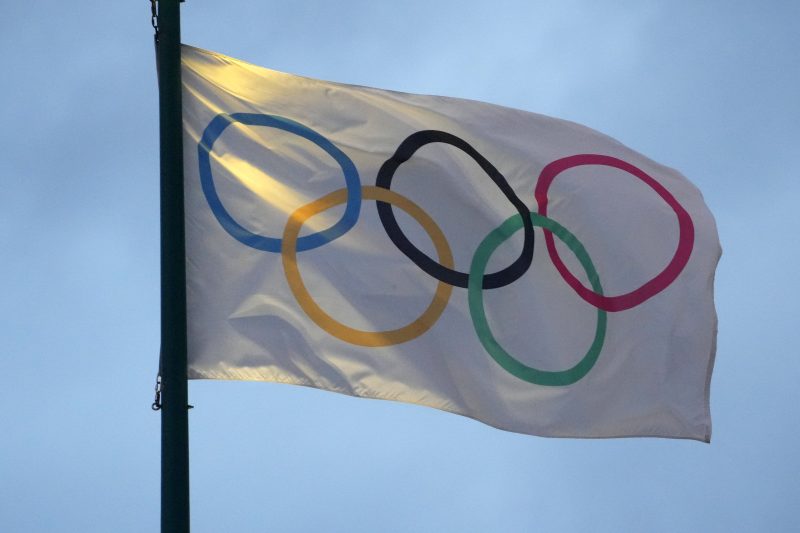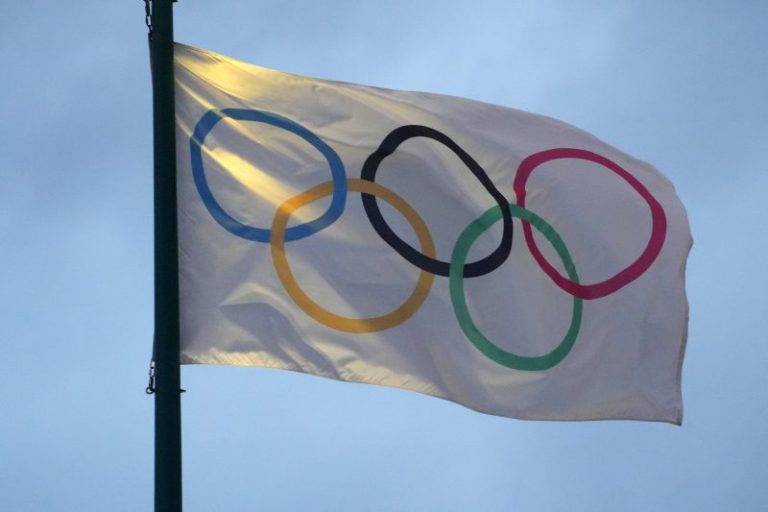
- The International Olympic Committee has created a working group to establish a new policy on transgender women’s participation Olympic sports.
- Researchers whose findings suggest no clear competitive advantage for transgender women have reportedly been excluded from this group.
- Several global sports federations have already limited or banned transgender athletes, with some imposing genetic testing.
Researchers whose findings have cast doubt on a competitive advantage for transgender women athletes appear to have been excluded from an International Olympic Committee working group tasked with creating a new policy on female participation.
That includes the authors of a 2024 study funded by the IOC that found transgender athletes might actually be at a competitive disadvantage, and urged caution in imposing participation bans.
“I was not included. I’ll let you extrapolate as to why,” one of the researchers told USA TODAY Sports in an email confirming they were not part of the IOC’s Protection of the Female Category Working Group and had not been asked to participate.
The IOC did not respond to an email from USA TODAY Sports requesting comment.
New IOC president Kirsty Coventry announced the working group in June following increasing efforts to bar transgender women and women with differences in sex development (DSD) from sports.
Though there has been only one openly transgender athlete at the Olympic Games since 2004, when the IOC created protocols for their participation, several global sport federations have limited or banned transgender athletes. World Athletics and World Boxing have gone even further, imposing genetic testing requirements.
In announcing the working group, Coventry said it would operate “with a scientific approach.” Asked about it Friday, she said the panel was “only made up of experts. … Experts that are coming from human rights, from medical and from legal, as well as the sport movement.”
IOC panel on transgender athletes excludes critical research
But the IOC appears to have predetermined the outcome of the working group, given its makeup.
The IOC will not release the names of those in the working group “to protect the integrity of the group and their work.” But USA TODAY reached out to eight prominent researchers whose studies and/or analyses have found no evidence of a clear competitive advantage for transgender women or women with DSD. The six who responded said they were not part of the IOC’s working group nor had they been asked to participate.
Three of the six were co-authors on a study published last year in the British Journal of Sports Medicine that found transgender women had lower lung function and cardiovascular fitness than cisgender female athletes.
“While longitudinal transitioning studies of transgender athletes are urgently needed, these results should caution against precautionary bans and sport eligibility exclusions that are not based on sport-specific (or sport-relevant) research,” the researchers wrote.
That study was partially funded by the IOC.
IOC’s selective data use mirrors actions of LPGA, USGA
The IOC’s apparent selective use of data to craft a policy mirrors what the LPGA and U.S. Golf Association did last year. When the organizations effectively banned transgender women, they said they did so on the advice of medical experts and research that showed going through male puberty would give transgender women a competitive advantage in golf.
But neither the LPGA nor USGA would provide details on either the experts or the science they used. And contrary to anyone’s claim, there still have been no reliable studies showing transgender women athletes with a clear, competitive advantage over cisgender women athletes.
Most of the studies used to ban transgender women so far are based on the performances of cisgender men, which scientists have argued is not an appropriate comparison. Other studies have compared the performances of transgender women athletes with sedentary cisgender women, also argued as an inappropriate comparison.
Part of the reason for this is because there are so few transgender athletes to study — a number that advocates argue will shrink further with these bans. NCAA president Charlie Baker said last year there were ‘less than 10’ transgender athletes out of 510,000 collegiate athletes. There are no openly transgender athletes in the WNBA, NWSL or WTA.
“The composition of that (IOC) advisory board will say a lot,” one researcher told USA TODAY Sports.
Follow USA TODAY Sports columnist Nancy Armour on social media @nrarmour.

